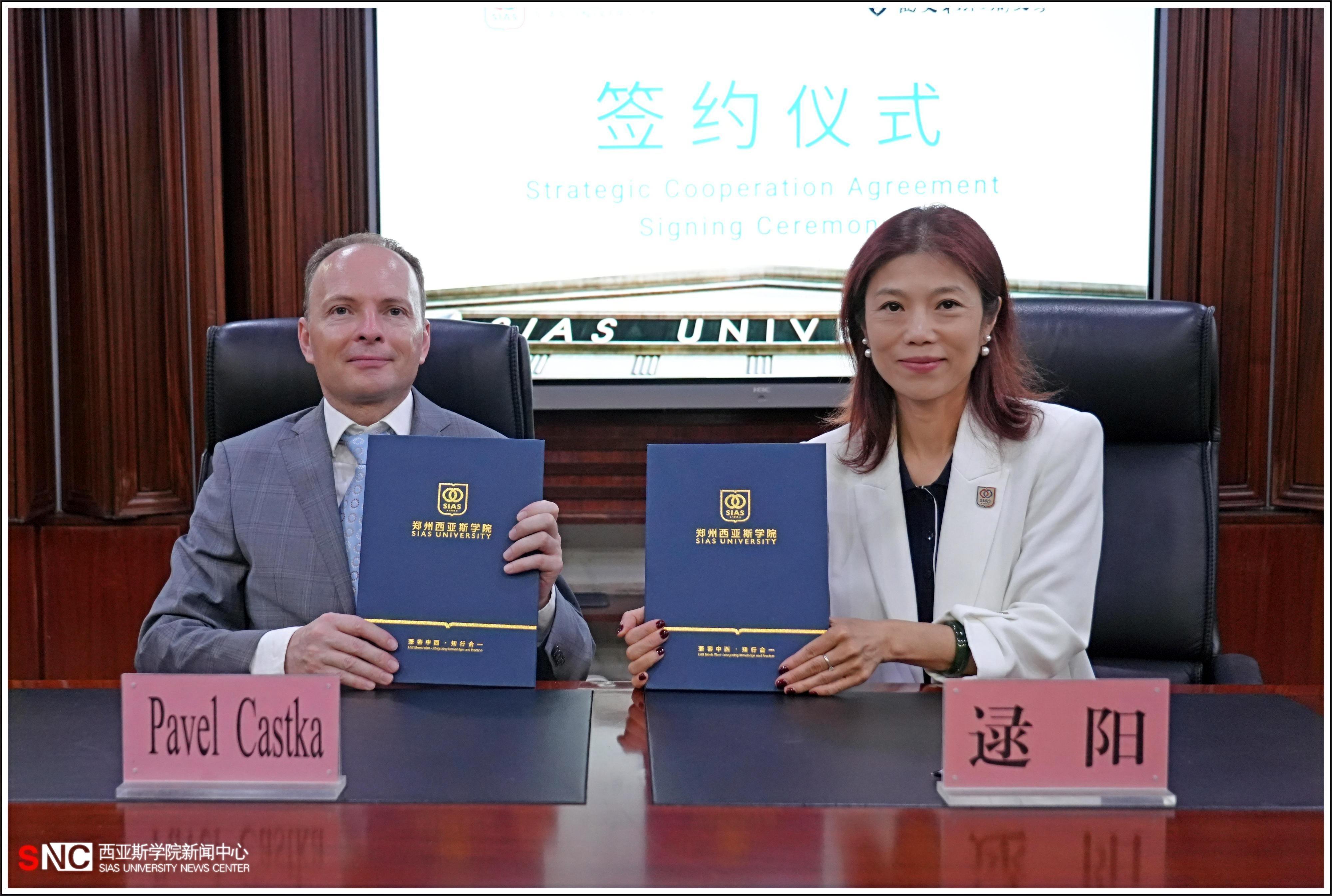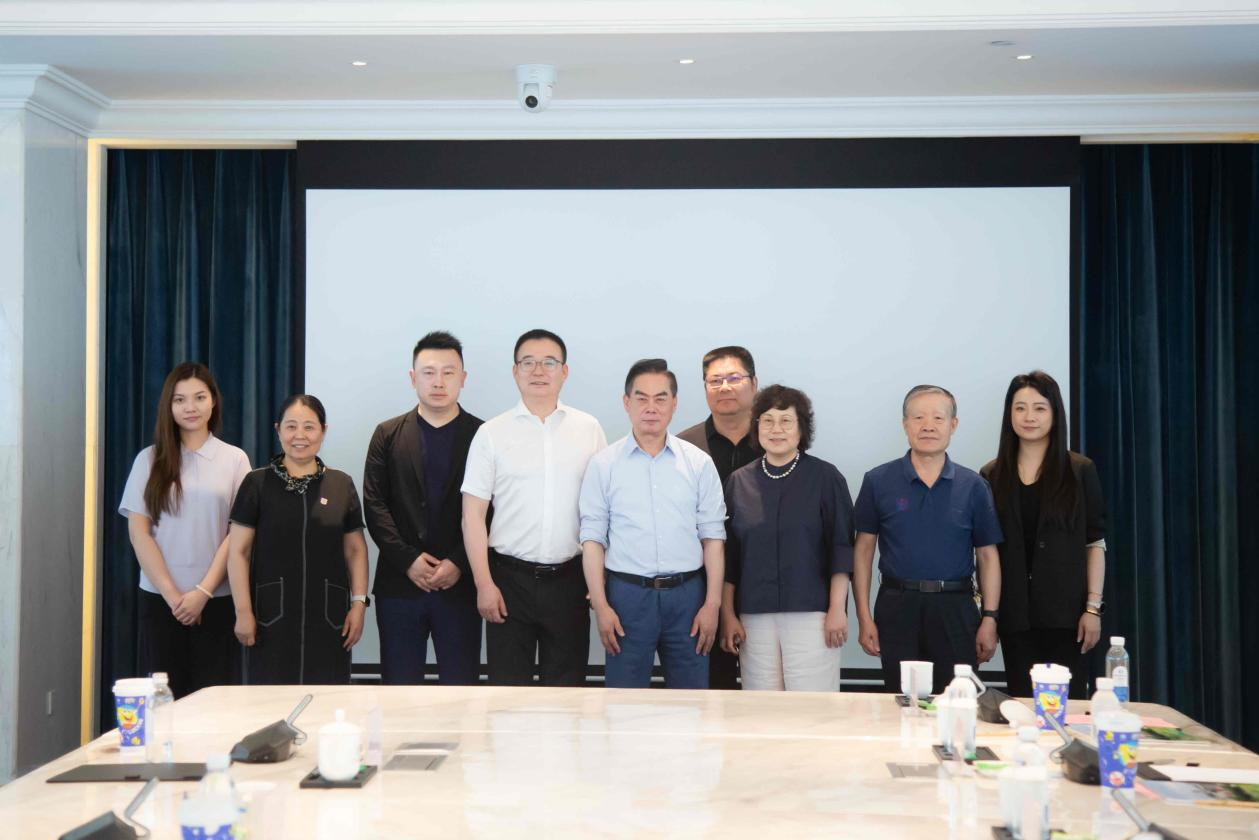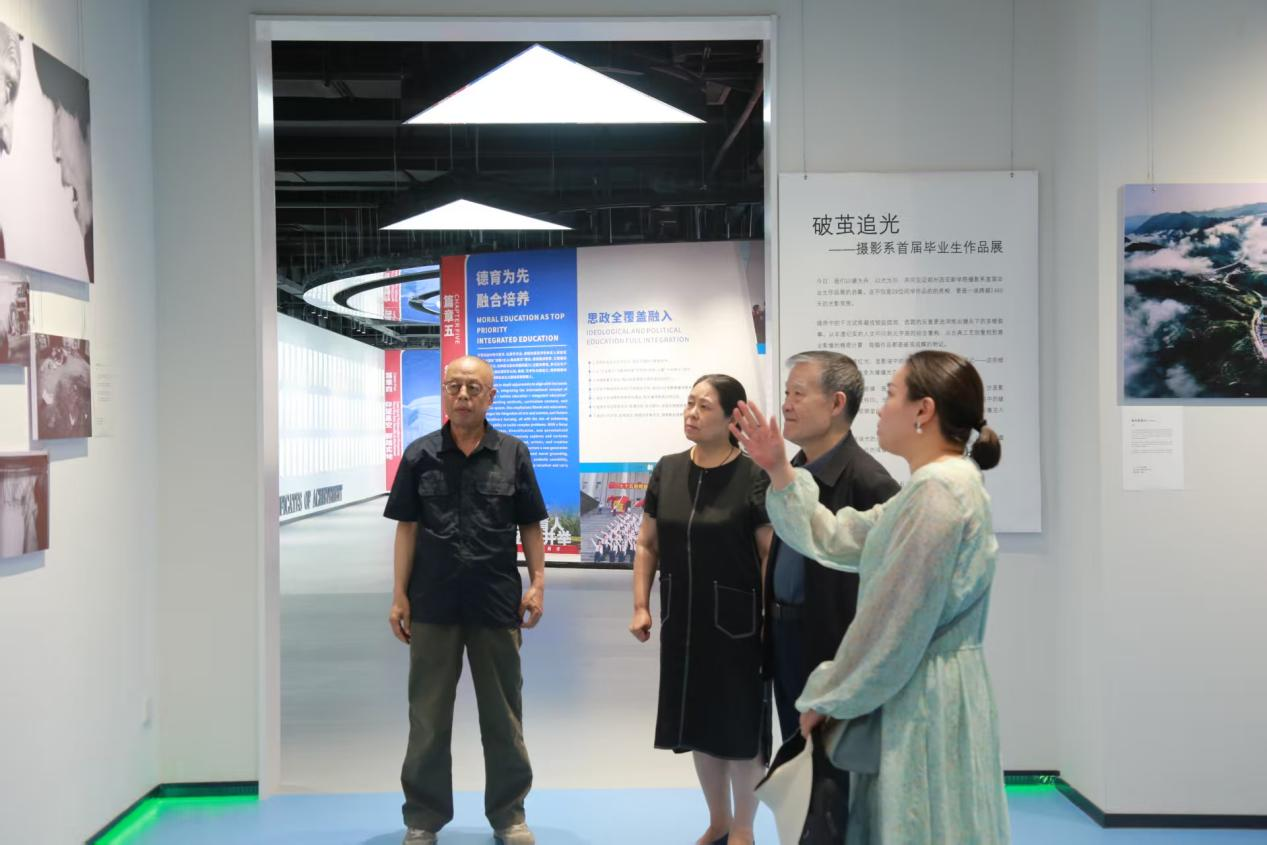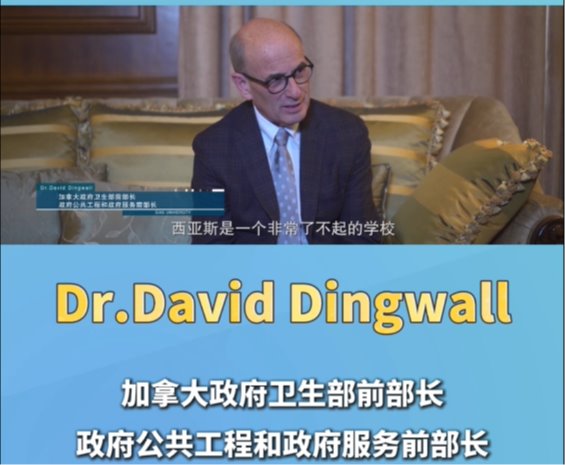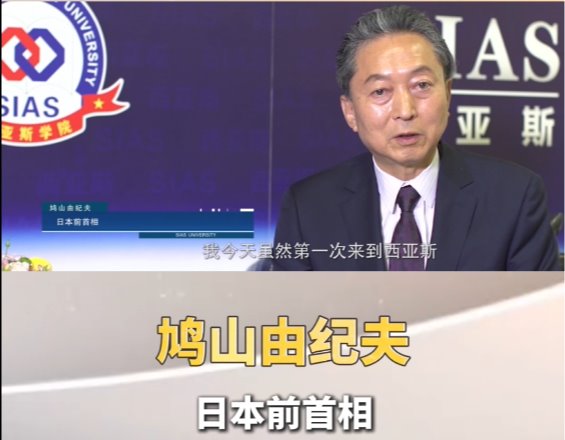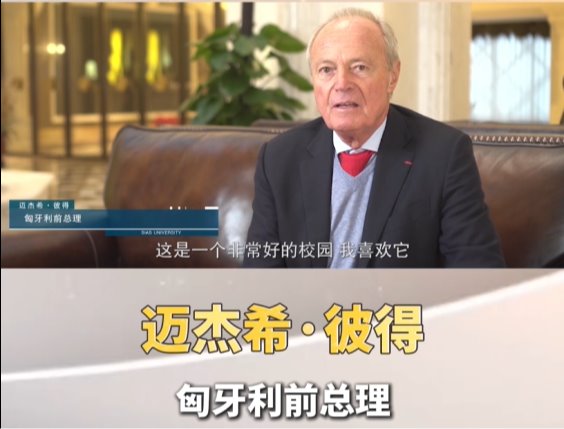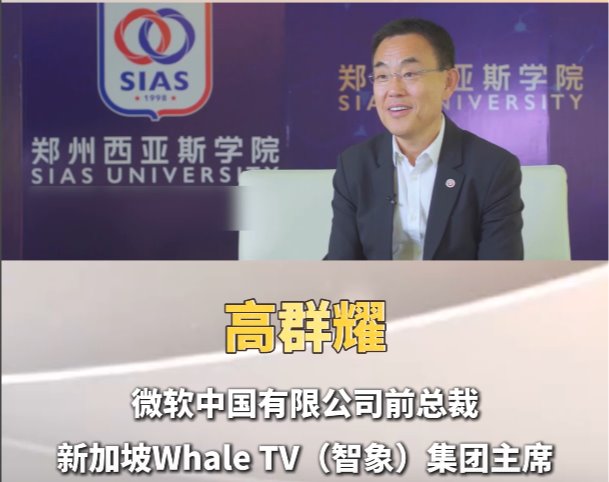The Deputy Secretary-General of the China Association of Higher Education, Hao Qingjie, visited Sias University on August 26. He was accompanied by a delegation that included the Director of the Office of the Secretariat, Wang Xuetao, and the Director of the Academic & Exchange Department, Gao Xiaojie.
Sias Vice President, and Chairman of the Trade Union, Wu Hua, met with the delegation from the China Association of Higher Education, along with the heads of the Administration Office, the Office of International Affairs, Human Resources Department, Procurement & Contract Management Center, and Zhiyuan Residential College. The delegation was taken on a tour of the Sias campus that included Sias' Cultural Towns, Student Activity Center, CUBA Training Facility, Golf Driving Range, Chinese Garden, School of Foreign Languages building, and Library. After the campus tour, the delegation met with Sias leaders in a conference room on the 15th floor of the Sias Library.
The delegation was first shown Sias' official promotional video, following which, Wu Hua welcomed them. He spoke about the educational philosophy and teaching methodologies at Sias. He also spoke of the student-centered nature of the education including the management, culture, and environment of the university, including the Sino-foreign cooperative nature of the university that gave students access to international projects and educational resources. He said that Sias University was not only one of the first private undergraduate universities among the members of the China Association of Higher Education but was also the only private university among the 15 member universities of the China Pakistan Economic Corridor University Alliance initiated by the China Association of Higher Education. Sias, he said, will make use of its international cooperation and exchange platforms such as the International Association of University Presidents (IAUP) and the Association of Universities in Asia & the Pacific (AUAP) to assist the China Association of Higher Education with hosting more high-level academic activities for the furtherance of higher education in China. He also said that Sias was willing to co-host various fora and conferences so that teachers and students could learn about the most cutting-edge information in higher education. He concluded by saying that he hoped that the China Association of Higher Education would continue to provide guidance to Sias so that the university would develop faster and better.
The Director of the Academic & Exchange Department at the China Association of Higher Education, Gao Xiaojie, spoke of Sias' educational philosophy, innovative education, campus environment, and nurturing of talent. She gave a detailed introduction to the China Association of Higher Education, describing it as the largest, oldest, and most influential national association in the field of higher education in China. She said that it had played a significant role in the innovation of academic research and governance of higher education, serving the reform and development of the field across China right down to the community level. She said that she hoped that the two sides would strengthen exchanges and cooperation and make use of each other's resources - Sias' high-quality educational resources and the rich academia and think tanks at the China Association of Higher Education - for common development.
Deputy Secretary-General Hao Qingjie said that he was impressed by Sias' unique features and said that it was a model of private higher education in China, combining Chinese and Western educational methods for the sake of students' education. He said that through this, Sias had become a bridge for the promotion of international exchanges and cooperation. He said that Sias had also played an important role in local economic and social development, and therefore Sias' development had been supported by the local government. He encouraged Sias to continue to contribute to the economic and social development of Xinzheng city, the Zhengzhou metropolitan area, and the province of Henan. He also noted that Sias graduates had been recognized by society for their contributions, and this was a testament to the nurturing of talent at the university. He concluded by saying that he hoped that the China Association of Higher Education and Sias University would continue their relationship through mutual support, exchanges, and positive interactions.






